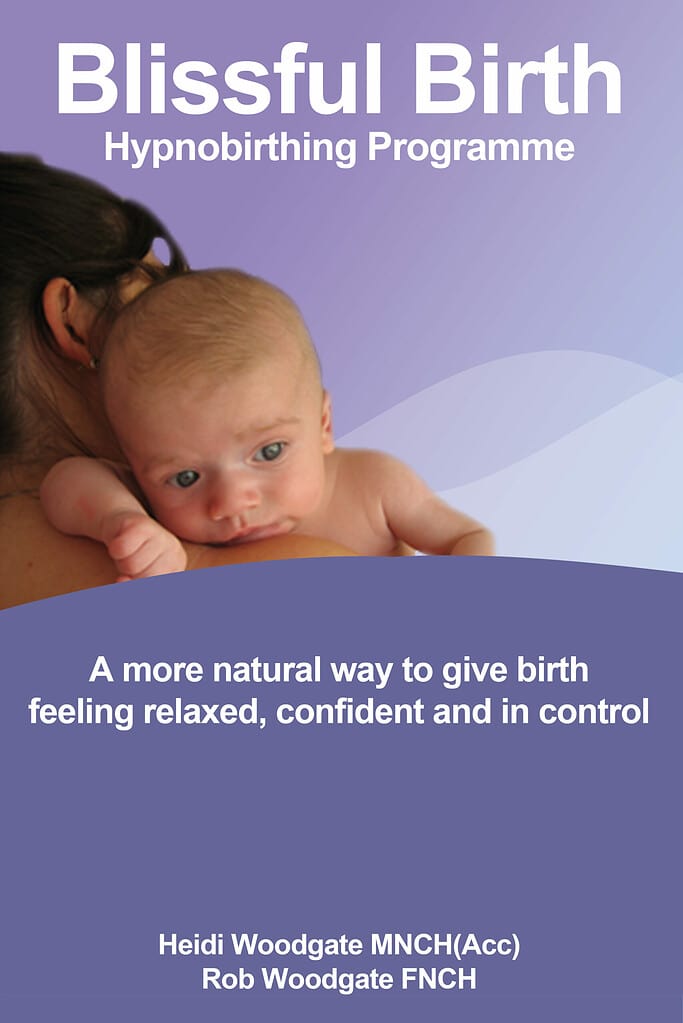Mucinex is a popular brand name for medications primarily designed to alleviate symptoms of cold, flu, and allergies.
The primary ingredient in most Mucinex products is guaifenesin, an expectorant that helps loosen mucus in the airways, making it easier to cough up.
There are various types of Mucinex available, including Mucinex D and Mucinex DM, each formulated with different active ingredients to target specific symptoms.
As you might expect, this complicates the question of whether it’s safe to take Mucinex while pregnant, which is why we’ve written this article!

Table of Contents
Quick Answer
When it comes to pregnancy, the general consensus is to exercise caution. While some forms of Mucinex might be considered safe during the later stages of pregnancy, it’s essential to avoid any variant containing guaifenesin during the first trimester.
Always consult with a healthcare professional before taking any medication during pregnancy to ensure the safety of both the mother and the unborn child.
Benefits of Mucinex During Pregnancy
Pregnancy often brings with it a host of symptoms, including nasal congestion and coughs. Mucinex, with its mucus-loosening properties, can offer relief from chest congestion.
The active ingredient, guaifenesin, works by increasing the water content in the mucus, making it less sticky and easier to expel. This can be particularly beneficial for pregnant women who might be experiencing respiratory discomfort.
However, it’s essential to weigh the benefits against potential risks, especially during the critical first trimester of pregnancy, so Mucinex is only recommended from the second trimester of pregnancy onwards, under the guidance of a healthcare provider or doctor.
Safety Concerns and Recommendations
The safety of medications during pregnancy is a paramount concern, and Mucinex is no exception.
While guaifenesin, the primary ingredient in Mucinex, has not been conclusively linked to birth defects, there’s limited research on its effects during pregnancy.
The FDA classifies guaifenesin as a Category C drug, meaning there’s no definitive evidence of its safety or risk during pregnancy.
What is the difference between Mucinex, Mucinex D and Mucinex DM?
There are various types of Mucinex available, including Mucinex D and Mucinex DM, each formulated with different active ingredients to target specific symptoms.
Mucinex is the original formulation, which contains guaifenesin. It is generally considered safe during the second and third trimesters but should be avoided in the first trimester.
Mucinex D, which contains pseudoephedrine, is also classified as Category C. Some studies suggest a potential association between pseudoephedrine and birth defects, although the evidence is not conclusive. It should be avoided in pregnancy unless specifically recommended by your doctor or healthcare provider.
Mucinex DM, which combines guaifenesin with dextromethorphan, is generally considered safe during the second and third trimesters but should be avoided in the first trimester.
Given the uncertainties, it’s always best to consult with a healthcare provider before taking Mucinex or any other medication during pregnancy.
They can provide guidance tailored to individual circumstances and ensure the well-being of both the mother and the baby.
Why can’t you take Mucinex during pregnancy?
The primary concern is the lack of comprehensive research on Mucinex’s effects during pregnancy.
While no direct link has been established between Mucinex and birth defects, the absence of evidence doesn’t necessarily equate to safety.
Why is Mucinex considered beneficial during pregnancy?
Mucinex can help alleviate chest congestion, a common symptom during pregnancy. By loosening mucus, it aids in respiratory comfort.
What kind of Mucinex can you take while pregnant?
Mucinex and Mucinex DM are generally considered safe during the second and third trimesters but should be avoided in the first trimester.
Mucinex D, which contains pseudoephedrine, should only be taken under medical guidance, and no form of Mucinex should be taken in the first trimester of pregnancy.
Mucinex and Breastfeeding
Breastfeeding mothers often express concerns about the medications they ingest, as some compounds can pass into breast milk and potentially affect the baby. When it comes to Mucinex, the primary ingredient, guaifenesin, is believed to be safe during breastfeeding. However, the amount that passes into breast milk is unknown.
Mucinex DM, which contains dextromethorphan, is also generally considered safe for breastfeeding mothers. Dextromethorphan has minimal oral bioavailability, meaning a small amount is absorbed into the bloodstream, reducing the potential for it to reach breast milk.
However, caution is advised with Mucinex D, which contains pseudoephedrine. Pseudoephedrine can reduce milk supply and might pass into breast milk, potentially affecting the baby. If a breastfeeding mother needs a decongestant, it’s advisable to opt for alternatives and always consult with a healthcare provider.
Alternatives to Mucinex
For pregnant women hesitant about taking Mucinex, several alternatives can provide relief from cold and flu symptoms. Some of these include:
- Honey: A natural cough suppressant, honey can soothe a sore throat and reduce cough frequency.
- Warm Saline Gargle: Gargling with warm salt water can help in reducing throat inflammation and discomfort.
- Steam Inhalation: Breathing in steam can help in loosening mucus and clearing nasal passages.
- Hydration: Drinking plenty of water can aid in thinning mucus, making it easier to expel.
It’s essential to note that while these alternatives can offer relief, they might not be as effective as over-the-counter medications. Always consult with a healthcare professional before trying any remedy during pregnancy.
Is it Safe to Take Azo While Pregnant?
When it comes to azo and pregnancy, caution is advised. It is best to consult with a healthcare professional before taking any medication, including Azo, during pregnancy. They can provide the most accurate and personalized advice to ensure both the safety of the baby and the mother.
Precautions and Doctor Consultation
Taking medications during pregnancy always requires careful consideration. Here are some general precautions and recommendations for pregnant women considering Mucinex or any other over-the-counter medication:
- Consultation is Key: Before taking any medication, always consult with a healthcare provider. They can provide guidance tailored to individual circumstances, considering both the mother’s symptoms and the baby’s well-being.
- Read Labels Carefully: Many over-the-counter medications have multiple variants with different active ingredients. Always read labels to ensure you’re taking the intended medicine.
- Avoid Self-Diagnosis: While the internet offers a wealth of information, self-diagnosis can be risky. Rely on professional medical advice, especially during pregnancy.
- Monitor for Side Effects: If you do take a medication, monitor yourself for any unusual side effects or reactions. If something feels off, seek medical attention immediately.
- Limit Duration: If possible, limit the duration of medication intake. Use only as needed and as recommended by a healthcare professional.
Conclusion
The question of whether to take Mucinex during pregnancy is not straightforward. While some forms might be considered safe during specific trimesters, the overall recommendation is to exercise caution.
The primary concern is the lack of comprehensive research on its effects during pregnancy. As with any medication, the potential benefits must be weighed against the risks.
Especially when safer alternatives such as honey, steam and drinking water are available.
The best approach is always to consult with a healthcare provider, ensuring the safety and well-being of both the mother and the unborn child.




